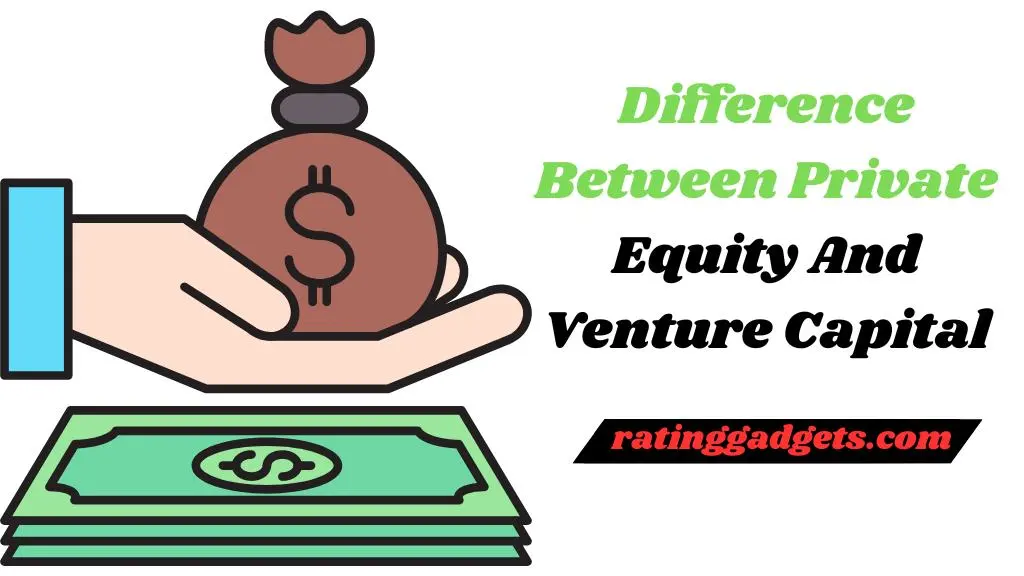
Difference Between Private Equity And Venture Capital
Commonly mistaken since both pertain to companies that invest in others and exit by selling their shares in equity financing, for example, by way of initial public offerings (IPOs), are venture capital and private equity. Still, businesses using the two types of finance act rather differently from one another.
Investing in several types and sizes of companies, private equity and venture capital (VC) invest different amounts of money, and claim different percentages of equity in the companies they aim at.
Private Equity vs Venture Capital: Differences
Private equity is, fundamentally, equity—that is, shares—that signify ownership of, or an interest in, an entity rather than being publicly traded or listed. Companies and high-net-worth individuals fund private equity investments. These investors buy private business shares, therefore gaining control of public companies to be moved private and then delisted from public stock exchanges.
Big institutional investors govern the private equity sector from pension funds to large private equity firms funded by a collection of qualified investors.
Read also: The Ultimate Guide to Small Business Startup Funding
Venture Capital
Often motivated by invention or by establishing a new industrial niche, venture capital is funding given to young companies and small firms judged to have the potential to deliver high rates of growth and above-average earnings.Usually, the money for this sort of initiatives comes from wealthy individuals, investment banks, and specialized VC companies. Apart from financial one, the investment might be done utilizing technical or management skills.
Investors contributing money hope the younger company will grow instead than collapse. Should the company operate as planned, the trade-off may be above average returns.
For smaller companies or those with a limited operational history—two years or less—venture capital investment is both common and sometimes necessary. This is especially true should the company have limited access to financial markets, bank loans, or debt instruments. The young company suffers in that investors usually buy shares in the company and therefore influence business decisions.
Significant Cistinctions
A private equity corporation approaches acquisition of mostly established, buyable mature businesses. Inefficiency might be the reason the companies are failing or producing less than what they need to be. Buying these companies, private equity companies streamline operations to increase profits. On the other hand, venture capitalists usually support businesses with tremendous prospective growth.
Generally speaking, private equity companies buy all the companies they are aiming for. The firm is therefore totally under control over the companies following the takeover. Venture capital companies commit 50% or less of the equity of the company.One is one.Most venture capitalists would prefer divide their risk and fund multiple different firms. Should one firm fail, the overall fund in the venture capital industry remains rather unchanged.
Usually spending $100 million and more in one business, private equity firms These companies would rather concentrate all their efforts on one firm as they invest in already-existing and mature companies. Such an investment leaves extremely few absolute loss opportunities.Usually spending $10 million or less on each company, venture capitalists deal with companies with dubious chances of success or failure.
Read also: Synopsis, Tax Consequences, and Illustrations: Exit Obstacles
Special Concerns
Though not usually, private equity firms can buy companies from any industry whereas venture capital firms often focus on startups in technology, biotechnology, and clean technology. While venture capital businesses deal with stock only, private equity organizations also use debt and cash in their investments. Among common case observations are these ones. Every rule does, however, include exceptions; a corporation may act differently from its competitors.


